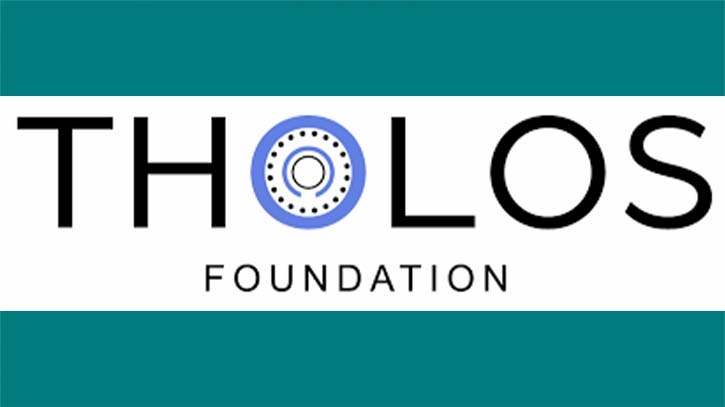
Photo: Messenger
The Tholos Foundation has urged Bangladesh’s interim government to reconsider a proposed ban on reduced-risk nicotine alternatives, warning that such a move could harm public health. In an open letter released on 18 February, the Washington, D.C.-based organization highlighted evidence supporting the role of e-cigarettes, heat-not-burn products, and nicotine pouches in reducing smoking-related mortality.
Addressed to the Chief Advisor’s Office, the letter warned that banning these products would discourage smokers from switching to safer alternatives, exacerbating tobacco-related health issues. Tholos cited data showing smoking causes over 100,000 preventable deaths annually in Bangladesh and argued that well-regulated alternatives could help reverse this trend.
Tholos highlighted global examples where harm reduction strategies have successfully lowered smoking rates. Sweden, with a smoking rate of just 5.3%, has the lowest lung cancer incidence in the EU, a success attributed to accessible non-combustible nicotine products. New Zealand, embracing vaping as a cessation tool, has seen its smoking rate drop to 6.8%.
The letter emphasized that nicotine is not the primary cause of smoking-related diseases but rather the toxic chemicals released during tobacco combustion. Public health agencies, including Public Health England and the Royal College of Physicians, affirm vaping is at least 95% less harmful than smoking, a finding also supported by the American Lung Association.
Tholos warned that prohibition could fuel black markets for unregulated nicotine products, as seen in other countries. It also argued that banning safer alternatives while allowing combustible cigarettes undermines public health initiatives.
Addressing concerns about youth access, Tholos recommended strong regulatory frameworks, strict age-verification measures, and public education campaigns rather than an outright ban.
The foundation urged Bangladesh to adopt a science-driven approach to tobacco control, balancing regulation with harm reduction to provide safer alternatives for smokers.
Messenger/Tushar








